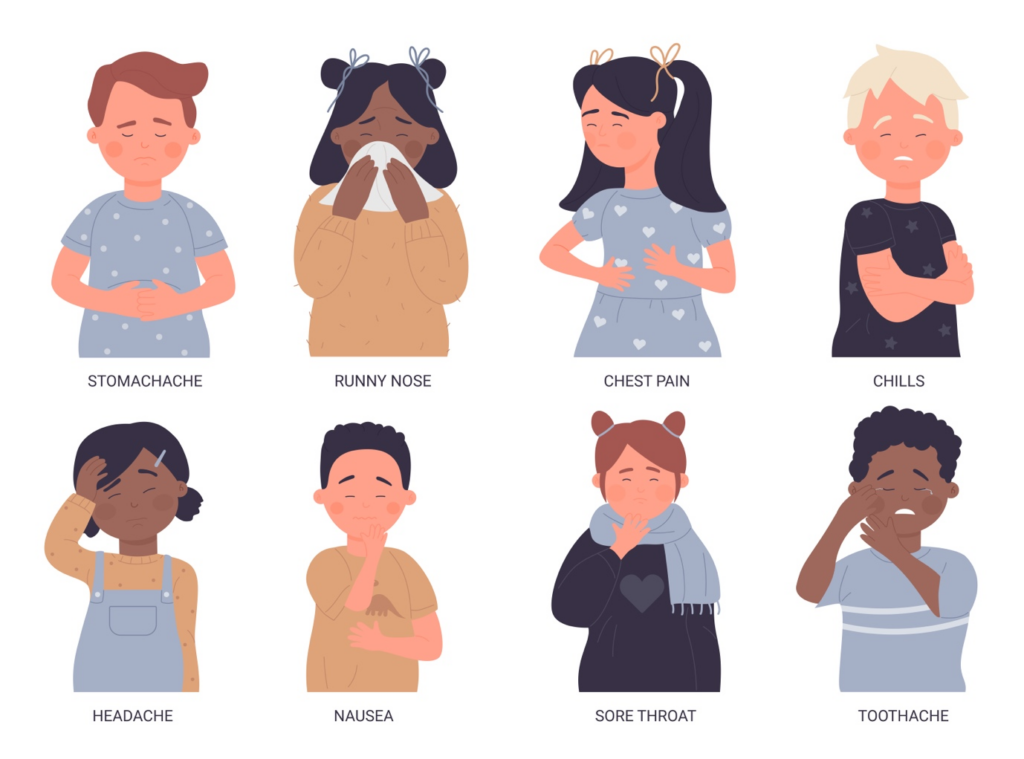
Allergy season can be a challenging time for many, with symptoms ranging from mild discomfort to severe reactions.
As we approach this season, it’s important to arm ourselves with the right strategies to minimize the impact of allergens.
This blog offers valuable tips and tricks for effectively navigating allergy season, ensuring you can enjoy the warmer months with less discomfort.
1. Understanding Your Allergens
Knowledge is power, especially when it comes to allergies. Identifying what triggers your allergic reactions is extremely important.
Common allergens include pollen, dust mites, pet dander, and mold. Pollen counts are typically higher on dry, windy days and lower on wet, rainy days.
Keep track of pollen forecasts in your area and plan outdoor activities accordingly. If you’re unsure about your specific allergens, consider allergy testing for a more targeted approach to managing your symptoms.

2. Creating an Allergen-Free Environment
Your home should be your sanctuary, free from allergens as much as possible.
To achieve this:
- Keep windows closed during high pollen days to prevent allergens from entering.
- Use air purifiers with HEPA filtersto capture airborne allergens.
- Wash bedding in hot water regularly to kill dust mites.
- Vacuum carpets and upholstery frequently using a vacuum with a HEPA filter.
- Bathe pets regularly and keep them out of bedrooms if you’re allergic to dander.
Minimizing indoor allergens can significantly reduce the severity of your symptoms.
3. Over-the-Counter Remedies and Prescription Medications
Several over-the-counter remedies can alleviate allergy symptoms.
Antihistamines can help with sneezing, itching, and a runny nose, while decongestants can relieve nasal stuffiness. Nasal sprays may also be effective.
For more severe allergies, your doctor may prescribe stronger medications or recommend allergy shots (immunotherapy), which gradually reduce your sensitivity to allergens.
4. Dietary Adjustments and Natural Remedies
Certain dietary adjustments can help manage allergy symptoms:
- Incorporate foods rich in omega-3 fatty acids, which have anti-inflammatory properties.
- Spicy foods can thin mucus, easing congestion.
- Local honey is believed by some to help build tolerance to local pollen.
- Herbal teas like peppermint and green varieties can provide symptomatic relief.
Staying hydrated is also essential, as it also helps thin mucus and ease congestion.
5. Protecting Yourself Outdoors
When venturing outdoors during allergy season:
- Wear sunglasses to protect your eyes from pollen.
- Change and wash clothes after outdoor activities to remove allergens.
- Shower before bed to wash off pollen from your hair and skin.
- Use a mask when gardening or doing yard work.
Being proactive in minimizing your exposure to outdoor allergens can help you manage symptoms effectively.
6. Advanced Allergy Care from the Doctors at Houston Physicians’ Hospital
At Houston Physicians’ Hospital, our otolaryngologists (ear, nose, and throat physicians) are dedicated to providing comprehensive allergy care.
They use state-of-the-art diagnostic tools to accurately identify allergies and tailor treatment plans to your individual needs.
When it comes time to navigate allergy season with confidence and ease, you can learn more about ear, nose, and throat conditions here and find an otolaryngologist who’s right for you.
We also specialize in joint pain treatment, Spine Center Houston, back surgery, knee pain treatment, hip surgery, physical therapy, medical imaging, and more. Thank you for trusting Houston Hospitals with your health.

